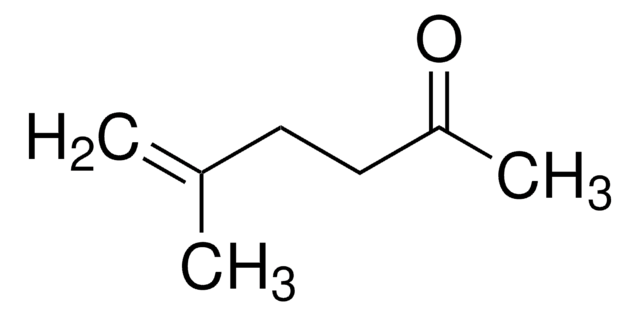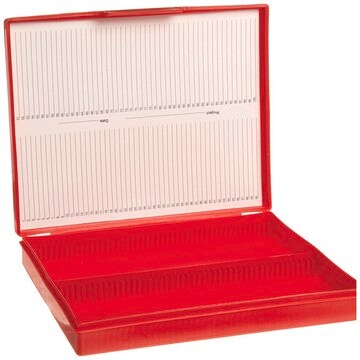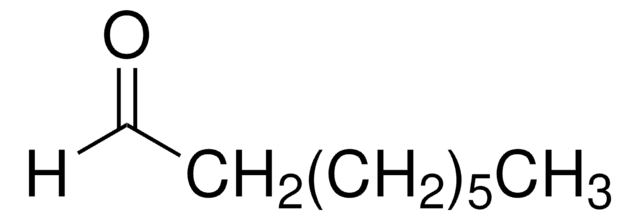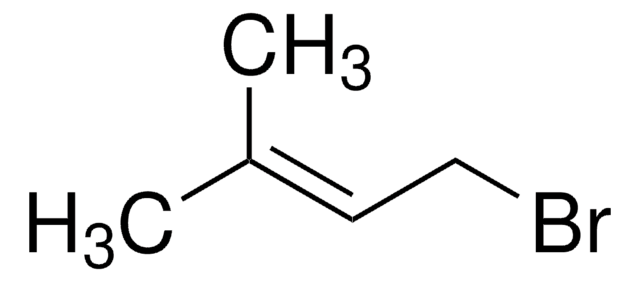M48805
6-Methyl-5-hepten-2-one
99%
Synonym(s):
2-Methyl-2-hepten-6-one, 2-Oxo-6-methylhept-5-ene, 6-Methyl-5-hepten-2-ketone
Sign Into View Organizational & Contract Pricing
All Photos(2)
About This Item
Linear Formula:
(CH3)2C=CHCH2CH2COCH3
CAS Number:
Molecular Weight:
126.20
Beilstein:
1741705
EC Number:
MDL number:
UNSPSC Code:
12352100
PubChem Substance ID:
NACRES:
NA.22
Recommended Products
Quality Level
Assay
99%
form
liquid
refractive index
n20/D 1.439 (lit.)
bp
73 °C/18 mmHg (lit.)
density
0.858 g/mL at 20 °C
0.855 g/mL at 25 °C (lit.)
SMILES string
C\C(C)=C\CCC(C)=O
InChI
1S/C8H14O/c1-7(2)5-4-6-8(3)9/h5H,4,6H2,1-3H3
InChI key
UHEPJGULSIKKTP-UHFFFAOYSA-N
Looking for similar products? Visit Product Comparison Guide
Related Categories
Signal Word
Warning
Hazard Statements
Precautionary Statements
Hazard Classifications
Flam. Liq. 3
Storage Class Code
3 - Flammable liquids
WGK
WGK 1
Flash Point(F)
132.8 °F - closed cup
Flash Point(C)
56 °C - closed cup
Personal Protective Equipment
dust mask type N95 (US), Eyeshields, Gloves
Choose from one of the most recent versions:
Already Own This Product?
Find documentation for the products that you have recently purchased in the Document Library.
Customers Also Viewed
Olabimpe Y Olaide et al.
PLoS neglected tropical diseases, 13(6), e0007460-e0007460 (2019-06-11)
African trypanosomosis, primarily transmitted by tsetse flies, remains a serious public health and economic challenge in sub-Saharan Africa. Interventions employing natural repellents from non-preferred hosts of tsetse flies represent a promising management approach. Although zebras have been identified as non-preferred
Arão Cardoso Viana et al.
Chemistry Central journal, 12(1), 54-54 (2018-05-12)
A fast method for the identification and stability evaluation of the aggregation pheromone rhynchophorol, which is the main substance used for chemical communication by the beetle Rhynchophorus palmarum L., was validated. In addition, the technique was applied to the evaluation
Inmaculada Romero et al.
Journal of agricultural and food chemistry, 65(21), 4314-4320 (2017-05-11)
Freeze injuries in olives are responsible for the 'frostbitten olives' sensory defect that is sometimes detected in virgin olive oil. This defect is becoming one of the most common negative attributes today because climate change has modified weather patterns. The
B D Whitaker et al.
Journal of agricultural and food chemistry, 48(6), 2040-2043 (2000-07-11)
Conjugated triene (CT) oxidation products of alpha-farnesene have long been thought to be involved in development of superficial scald in apple fruit. Early studies found that CT hydroperoxides and the volatile 6-methyl-5-hepten-2-one (MHO) are major in vitro autoxidation products of
Thangavel Rajagopal et al.
Behavioural processes, 85(1), 58-67 (2010-06-16)
In ungulates the process of chemical communication by urinary scent marking has been directly related to reproductive dominance, territorial defense and proximity to resources. The differences in the frequency of urine marking and chemical composition of urine of males Antelope
Our team of scientists has experience in all areas of research including Life Science, Material Science, Chemical Synthesis, Chromatography, Analytical and many others.
Contact Technical Service











